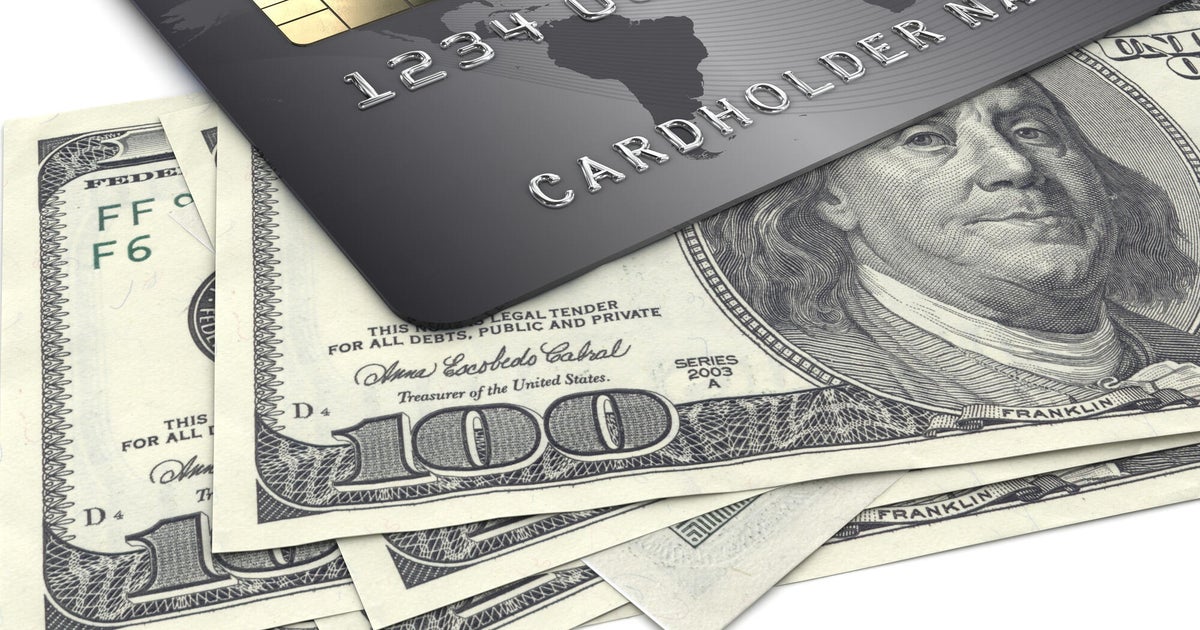4 things to avoid doing when your CD matures
Consumers and borrowers looking for financial relief received bad news last week on a Consumer Price Index report of a rise in inflation in February. High gas and home prices pushed inflation up, and consumers continue to feel the pinch at the grocery store. The year began with high hopes after the Federal Reserve hinted at several rate cuts in 2024. But with inflation continuing to persist, those cuts now appear to be delayed.
While high interest rates continue to damper borrowing opportunities, they've been a boon for savers taking advantage of high deposit account rates. Rates for high-yield savings accounts and certificates of deposit (CDs) have soared in recent years, especially compared to traditional savings account rates.
CD rates, in particular, are inching closer to 6%, with several online banks offering substantial returns for their account holders. These accounts reward you with high yields in exchange for agreeing to hold your money in the account for a specific term, usually ranging from three months to five years.
Many Americans have taken advantage of high CD yields in recent years, but now their accounts are reaching their maturity rate. While CD holders have several avenues to explore with their account funds, they should be careful to avoid some common mistakes, several of which we will break down below.
Not sure if a CD is worth it for you? See how much more you could be earning here today.
4 things to avoid doing when your CD matures
Here are three mistakes CD account holders should avoid when their CD matures.
Letting it rollover to a CD with a lower rate
"One common mistake savers make when their CD matures is automatically letting it renew without checking if it's the best option," says Taylor Kovar, CFP and founder at 11 Financial. "Interest rates could have improved elsewhere, meaning you could miss out on better earnings." As Kovar reminds savers, your financial goals may have changed since you opened your CD, making it less suitable for your future needs. "Instead of allowing an automatic renewal, it's wise to explore the market for superior rates."
See what new CD rate you could qualify for now.
Moving funds into a traditional savings account (with a lower rate)
One of the primary benefits of stashing your cash in a CD is to secure a higher, guaranteed yield while saving for a short-term savings goal. Moving money from an expiring CD into a traditional savings account generally runs counter to that objective since regular savings accounts usually offer lower yields.
According to the March data from the Federal Reserve, a 12-month CD yields an average of 1.81%, over three times higher than the average yield of 0.47% for a traditional savings account. However, that CD average includes yields from traditional savings accounts. Currently, several online banks and credit unions offer CD interest rates between 5% and 6%.
"Online banks consistently offer higher rates than your traditional bank or credit union," says Dr. Preston D. Cherry, founder and CEO at Concurrent Financial Planning and Director of Charles Schwab Foundation Center for Financial Wellness at University of Wisconsin-Green Bay. "Not shopping around can result in missing out on higher interest payments and lock you into a rate that doesn't outpace rising inflation rates."
Not diversifying investments for a balanced portfolio
CDs are an excellent option for savers looking for a guaranteed return and federal deposit insurance protection. They're good for helping you reach a savings goal, but you may have better options if you're looking to build wealth. For example, stock market investments historically deliver higher returns than CD yields, albeit with higher risks and no FDIC insurance.
Cliff Ambrose, founder, FRC and wealth manager at Apex, says CD holders should review their financial situation before their CD expires. "Savers should avoid the mistake of passively letting their CD roll over without assessing their options or diversifying their investments," says Ambrose. "By not being proactive, they might miss out on better returns or terms elsewhere in the market."
Not using funds to pay down debt
Financial experts commonly advise utilizing CDs to reach a savings goal faster. Say you plan on putting a down payment on a home in two years. A 24-month CD could help you achieve your goal quicker by offering higher yields than other deposit accounts.
But, if you're not saving towards a specific goal, transferring your expiring CD funds to pay off high-interest debt may make more sense than reinvesting into another CD. As Cherry notes, "Interest rates on CDs are often much lower than those on high-interest debt, which range from 10% to 20% [or higher]. Paying off debt rather than stashing cash in lower-yielding CDs generates a higher return on your dollars."
The bottom line
If you suspect you may need to access money in your CD account, you may want to consider other options. Keep in mind, you'll likely incur an early withdrawal penalty if you pull money from your CD before its maturity date.
One way to earn greater deposit yields without locking your money into a CD is to open a high-yield savings account. These accounts earn similar yields to a CD, but allow you to access your funds at any time with no prepayment penalty.
Whether you park your money in a high-yield savings account or CD, however, it's important to regularly review your financial needs alongside your deposit and investment portfolio. As your circumstances change, adjust your savings and investment strategies accordingly to make sure your money is working toward your financial goals.
Explore your high-yield savings account options here to learn more.




